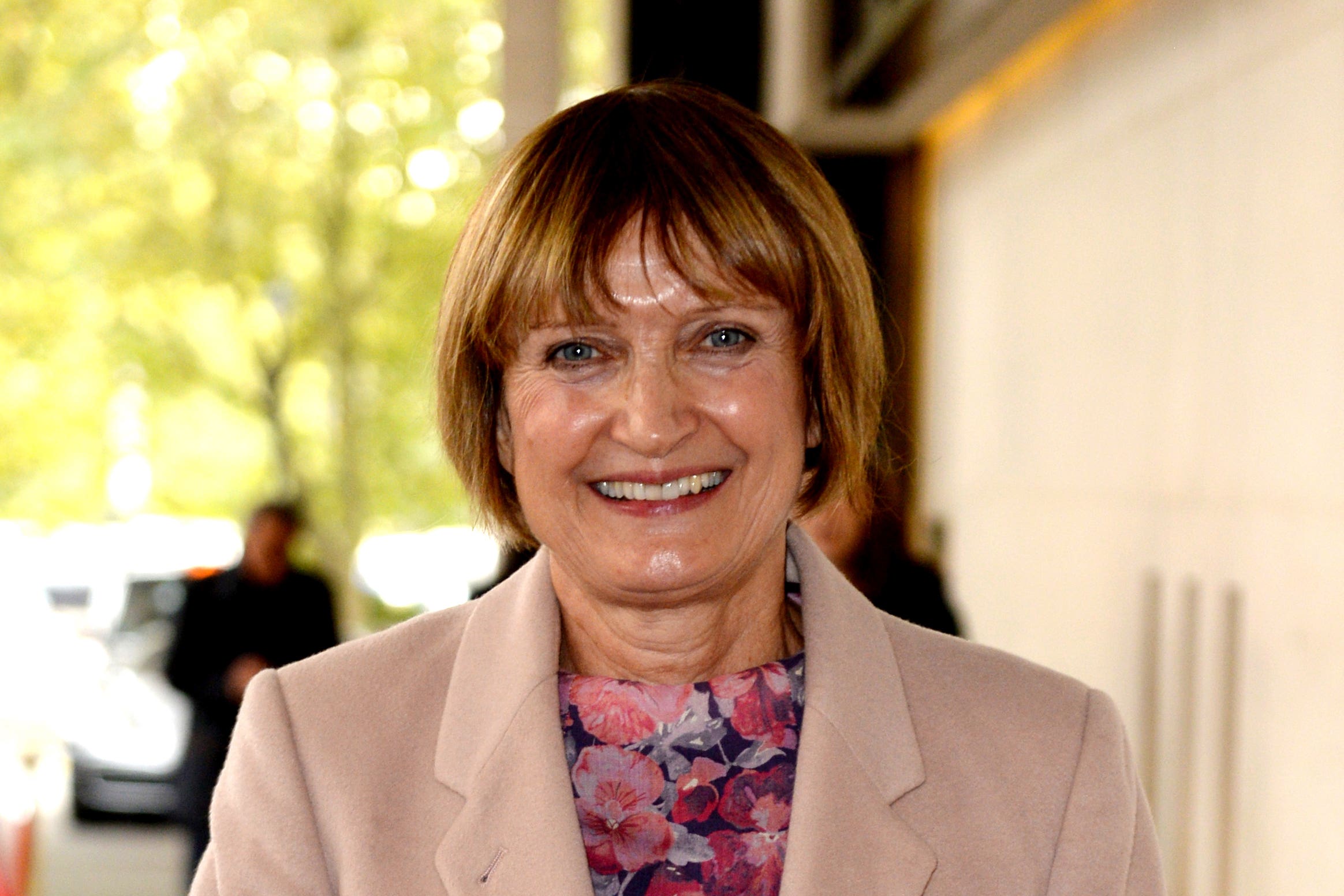Government to announce £40m package for brain tumour research
The funding was first committed to by the Government in 2018.

Your support helps us to tell the story
This election is still a dead heat, according to most polls. In a fight with such wafer-thin margins, we need reporters on the ground talking to the people Trump and Harris are courting. Your support allows us to keep sending journalists to the story.
The Independent is trusted by 27 million Americans from across the entire political spectrum every month. Unlike many other quality news outlets, we choose not to lock you out of our reporting and analysis with paywalls. But quality journalism must still be paid for.
Help us keep bring these critical stories to light. Your support makes all the difference.
A £40 million Government package to help develop new life-saving brain tumour research is due to be announced.
The funding, which was first committed to by the Government in 2018, will be announced at a Parliamentary roundtable co-chaired by Health Minister Andrew Stephenson and chief executive of the National Institute for Health and Care Research (NIHR) Lucy Chappell.
The investment will be used to help develop new treatments for brain tumours, as well as improve patient care, support and rehabilitation.
It comes amid a collaboration between the Government, NIHR, the Tessa Jowell Brain Cancer Mission (TJBCM), research funders and other charities.
Brain tumours remain one of the hardest to treat cancers, with just 12% adults surviving beyond five years after a diagnosis of a brain tumour.
Almost six years to the day that the £40 million was first committed, it is imperative now that the money is made available with the urgency that this community deserves and there are no more delays
In 2018, the late Dame Tessa Jowell led calls on behalf of all patients to tackle brain tumours.
A new national strategy was designed in response and the Government committed £40 million for new research.
The roundtable comes during the week of the sixth anniversary of Dame Tessa’s death in May 2018.
Jess Mills, daughter of Dame Tessa and chief executive of the Tessa Jowell Foundation, welcomed the announcement but stressed the need for “no more delays”.
She said: “We are meeting today almost six years to the day that my mum Tessa Jowell died from Glioblastoma.
“Six years on, brain cancer is still the biggest cancer killer of children and under 40s, the need for patients to gain access to new and better treatments and care is as acute as ever.
“However, what is different now compared to then, is we at the TJBCM have spent six years building a thriving brain tumour community which is ready to transform brain cancer outcomes together.
“Almost six years to the day that the £40 million was first committed, it is imperative now that the money is made available with the urgency that this community deserves and there are no more delays.
“With this transformational investment we could unlock the potential of the cutting edge of treatment of care, which is precision medicine in every corner of the UK.”
Professor Lucy Chappell, chief executive at the NIHR, said: “This transformative brain tumour research funding we are announcing is a key moment in our search for novel therapies and better treatments to save lives and improve the quality of life for patients with this condition.
“We are pressing ahead in this innovative new step, made possible due to our strong and collaborative partnership with charities, patients, the life sciences industry and the brain tumour community.
“As we continue this journey together, it shows the crucial value of world-leading research shaped and funded by the public, integrated across the health and care system.”
We are delighted to see a clear commitment to ensuring that the money promised in 2018 will be spent
Health and Secondary Care Minister Andrew Stephenson added: “Six years after Tessa Jowell’s death, I continue to be inspired by her campaign.
“Brain cancer is a dreadful disease, but this latest package of research and funding, developed in partnership with the brain tumour community will help accelerate improvements in treatment and care, so that we can beat this condition and save lives.”
Dr Michele Afif, chief executive of the Brain Tumour Charity, said: “We are delighted to see a clear commitment to ensuring that the money promised in 2018 will be spent.”
She said charities would work with the NIHR and the Government to ensure the money is spent “where it will have the biggest possible impact, by bringing new treatments to patients through innovative clinical trial models and quality of life research.”
Subscribe to Independent Premium to bookmark this article
Want to bookmark your favourite articles and stories to read or reference later? Start your Independent Premium subscription today.